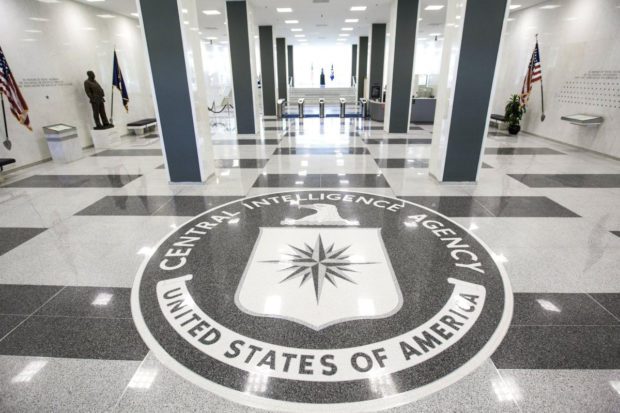

By Leni Villagomez Reeves
Who is Alex Saab?
Alex Saab is a Venezuelan diplomat who was en route from Caracas to Tehran on June 12, 2020, when his plane was diverted to Cabo Verde, a small island nation off the coast of West Africa, for refueling. He was removed by force by the Cabo Verde police at the insistence of the U.S. government, although no crime had been committed and no arrest warrant existed. He has been held for 15 months while the United States processes his extradition.
What did he do?
Saab was en route to Iran to negotiate shipments of fuel and humanitarian supplies for Venezuela; he was born in Colombia but is an accredited diplomat for Venezuela. His “crime” was trying to procure humanitarian supplies of food, fuel and medicine from Iran in violation of illegal U.S. sanctions.
This is the way Reuters phrases the situation: “Saab has been repeatedly identified by the U.S. State Department as an operator who helps Maduro arrange trade deals that Washington is seeking to block through sanctions.”
Clearly, this is entirely a political situation, with the United States attempting to force regime change on Venezuela through sanctions intended to cause economic crisis and suffering—through lack of food and medicine—for the civilian population of Venezuela.
First the Arrest, Then the Warrant
The day after the arrest and detention, the United States had Interpol issue a Red Notice, which was subsequently annulled by Interpol.
Cabo Verde is a member of and under the jurisdiction of the Economic Organization of West African State (ECOWAS) Court of Justice, which ruled in March that Saab’s detention was illegal because the Interpol red notice requesting his arrest was only issued the day after he was detained and which ordered Saab to be released and even paid damages by the Cabo Verde government.
Cabo Verde appealed the ruling, lost and then claimed—even though it had recognized the authority of the court by participating in the proceedings—that it did not have to obey the court’s orders. Cape Verde’s constitutional court, in a ruling that cannot be appealed, then let stand a lower court’s ruling that Saab should be extradited.
The crime for which he is being extradited? Violating U.S. sanctions by “laundering money,” which means spending the money of Venezuela to purchase supplies desperately needed by the people of Venezuela.
In His Own Words
Saab was tortured by authorities in Cabo Verde. “If I’m extradited to the United States, every independent expert is categoric: I will be exposed to forced interrogation techniques, to torture, poor treatment, an unfair trial, inhuman detention conditions and cruel punishments,” he said in a handwritten letter, answering questions sent by CNN, through his lawyers in Cape Verde.
Why?
There appear to be two primary reasons.
The first is the obvious attempt to make people everywhere afraid to do any kind of business with Venezuela. If a person engaging in trade with Venezuela can be seized anywhere and imprisoned even though they have nothing to do with the United States and have not been to U.S. territory, clearly the message is that the United States rules everywhere and no one is safe anywhere if they defy U.S. orders.
The other reason is that the U.S. government appears to believe that Saab has knowledge of others who are part of Venezuela’s legitimate attempt to circumvent cruel U.S. sanctions, so that, if he can be abused and terrorized, he may “name names” and reveal others.
Diplomatic Immunity
Under the Geneva Conventions, a credentialed diplomat such as Saab has absolute immunity from arrest, even in the time of war. The United States says it does not recognize Saab’s diplomatic status. It is almost inconceivable that the United States believes it has the authority to determine who other countries choose and receive as ambassadors.
Outrageous Violations of International Law
The case sets dangerous precedents. It raises to a new height the practice of extraterritorial judicial abuse by the United States in enforcing its unilateral economic coercive measures on Venezuela and 38 other countries, constituting a third of the world’s population.
If the U.S. government can extradite Saab, it amounts to allowing the United States to seize, charge and extradite anybody anywhere for entirely political reasons having nothing to do with any criminal actions—simply for refusing to recognize U.S. sanctions and blockades.
*****
Leni Villagomez Reeves is a local physician and activist. Contact her at lenivreeves@gmail.com. Check out her news and views about Cuba on Facebook (fresnosolidarity/).
***
Learn More and Raise Your Voice
For more information and to sign a petition urging the release of Alex Saab, visit https://afgj.org/free-alex-saab.

